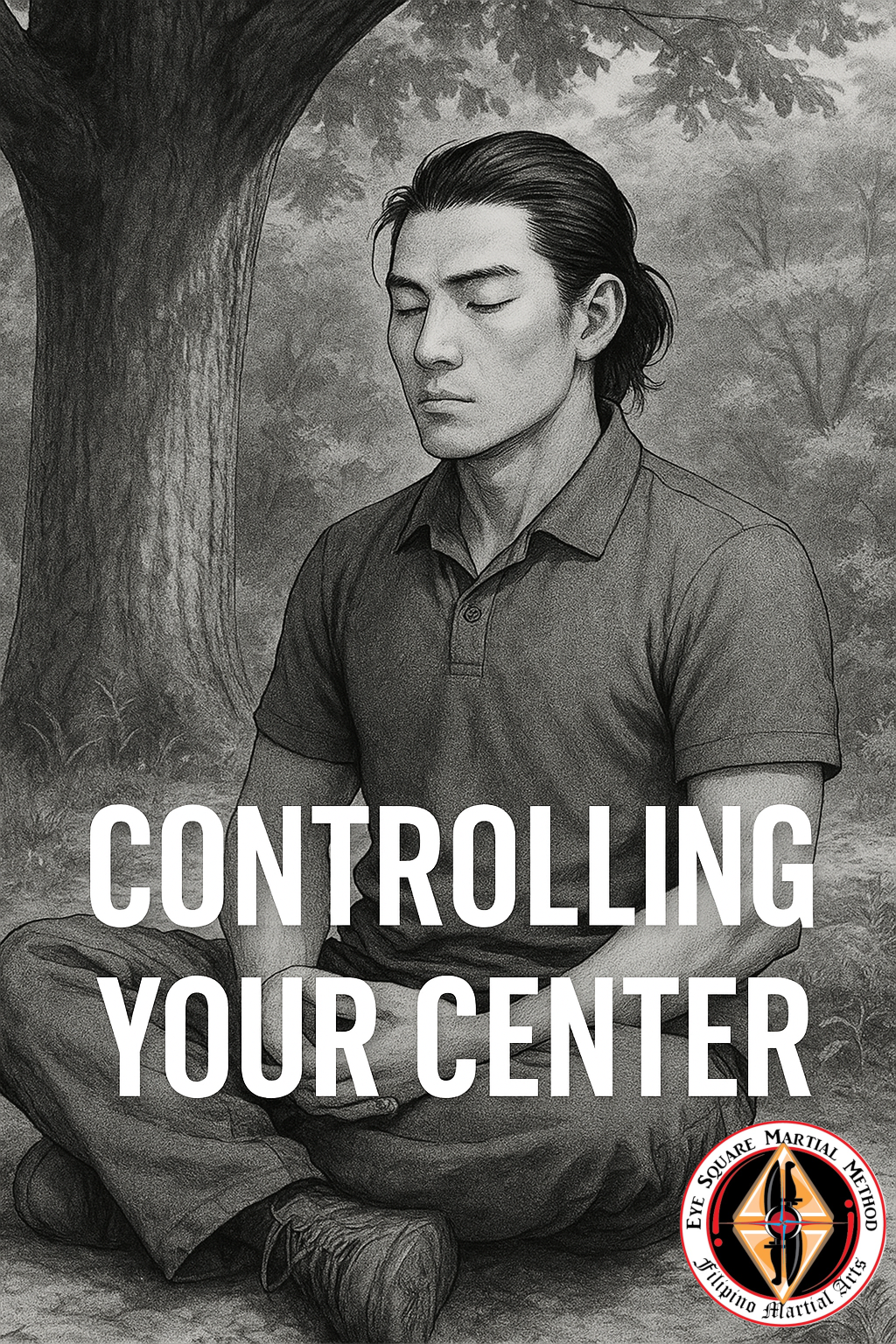Prepared, Not Violent – Part VII
I was listening to a podcast hosted by Colion Noir where he interviewed a defense attorney with experience in self-defense cases involving firearms. Around the 40-minute mark, the attorney mentioned advice he gave to his son: avoid ego-driven conflicts.
The advice boiled down to this: when dealing with a “typical jerk,” don’t escalate. Instead, offer a sincere apology—even if you feel wronged.
That idea reminded me of something from Rory Miller’s work—either Facing Violence or Conflict Communication. He talks about the “Smart Monkey,” a concept rooted in the Triune Brain Theory of human evolution.
According to this model, the brain evolved in three layers:
- The Lizard – The medulla oblongata, responsible for survival instincts
- The Monkey – The amygdala, concerned with tribal identity, emotion, and social behavior
- The Human – The neocortex, home of logic, language, creativity, and reason
Most interpersonal conflict—especially social aggression—happens at the Monkey level. As we’ve discussed in earlier entries, that’s because The Monkey lives in the world of emotion, ego, and social status.
When someone violates The Monkey’s rules, it screams for satisfaction. This looks like insults, chest-thumping, and other forms of ego posturing—basically, flinging metaphorical feces. And if both monkeys keep flinging, things tend to escalate… until someone throws a punch.
The problem is that outside a controlled environment (like a dojo or training gym), violence is illegal, no matter how ritualized it feels in the moment.
Even worse, if you’re dealing with someone who has real experience with violence—especially criminal violence—they may not follow the same “rules” your monkey expects. They might skip the yelling phase entirely and go straight to weapons or a brutal preemptive strike.
So… what do we do?
As we’ve mentioned in earlier posts, the most reliable tool for de-escalation is a sincere apology.
But here’s the hard part:
Your monkey does not want to apologize.
It wants to emotionally punish the other person. It wants to dominate. It wants to win.
And the pull is powerful.
Enter: The Smart Monkey
The Smart Monkey knows how to manage these emotions.
You’re not “giving in.” You’re soothing your own ego by choosing strategy over impulse.
You can tell your monkey:
“Yes, that guy was a jerk. But you’re smarter. You just outmaneuvered him. You got out safe, and he’ll be the one still raging at the air while you’re enjoying your evening.”
Apologize. De-escalate. Walk away.
Maybe even buy the jerk a beer.
Not because he deserves it…
…but because you deserve to survive.


